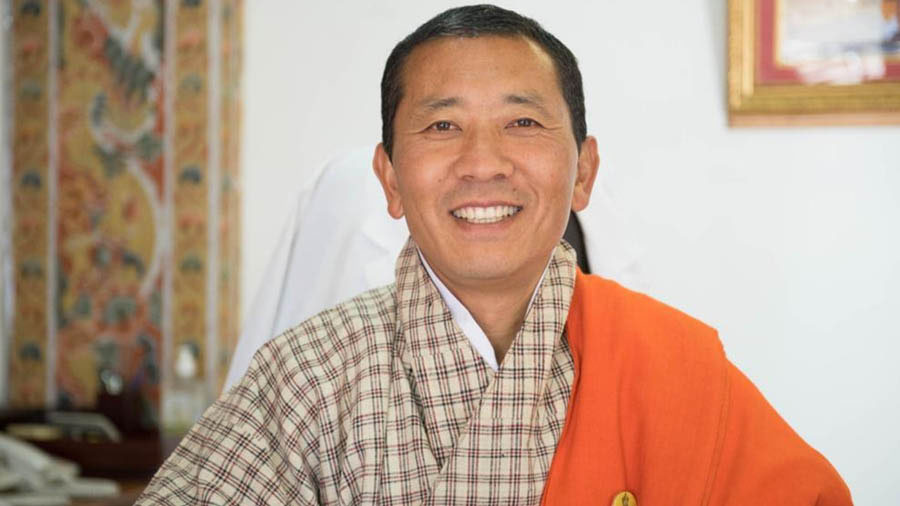In an era of rapid climate change, accelerated by global warming, only three countries in the world can claim to be carbon-negative. In other words, they absorb more carbon dioxide, one of the leading greenhouse gases responsible for heating up the earth, than they produce. The first of these countries to promise and attain carbon negativity was Bhutan, which began its pioneering efforts at COP 15 in Copenhagen in 2009.
Bhutan’s insistence on carbon negativity has not wavered with time. In fact, its focus on conservation and sustainability has only become more robust since 2018, which is when its current prime minister, Lotay Tshering, assumed office.
In an exclusive interaction with My Kolkata, conducted over video call, Tshering shared his insights from Thimphu on Bhutan’s sustainability, its policies for tourists, its partnership with India and more. Edited excerpts from the conversation follow.
My Kolkata: What are the main policies that have led to Bhutan being a carbon-negative country?
Lotay Tshering: We owe everything we have to our monarchs and our forefathers. It was the vision of our kings and their leadership that played a major role in the sustainability efforts that led to the conservation results we’re seeing today.
The concept of Gross National Happiness was formulated by our fourth king, Jigme Singye Wangchuck. The term refers to love and care for the nation, nature and culture. Our Constitution mandates that 60 per cent of our land should be under forest cover at all times. We want to ensure intergenerational equity in terms of tapping resources, and that is also enshrined in our Constitution. These laws have shaped our understanding of nature and sustainability. Currently, Bhutan has 72 per cent of land under forest cover, and our forest department has set stringent rules on the amount of timber that can be extracted from the forests.
The Nature Conservation Act also plays a huge role in ensuring trees, watershed lines and water resources are taken care of well. For any new policy to be approved, it has to pass the Gross National Happiness screening tool. These policies have ensured that nature is preserved in Bhutan.
‘The number of trees in a country is directly related to its economic wealth’
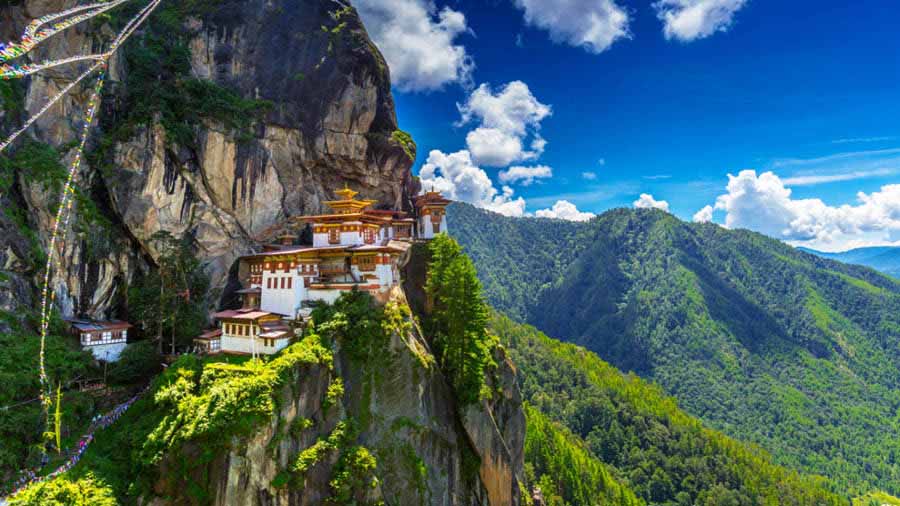
“Everything comes full circle in life,” believes Tshering TT Archives
Could you elaborate on the relationship between carbon negativity and greater Gross National Happiness over the long term?
What do you want in life? How do you achieve that? And how do you sustain that? If you can come down to the personal level, then it becomes easier for us to relate to that at a national and global level.
As we notice, everything comes full circle in life. Decades and centuries ago, an indication of wealth was how much meat an individual could afford to consume. Even around five decades ago, a plant-based diet was consumed mostly by those from humble settings. But nowadays we’re seeing a reversal in the trend, with high-income individuals often eating more organic food, more greens and less meat.
In Bhutan, we believe that conservation and sustainability don’t slow us down economically. More forest cover doesn’t mean that a country is poorer. In fact, it means that the county is richer. The number of trees in a country is directly related to its economic wealth. This will be the same principle and understanding with which we move forward.
Himalayan glaciers have been melting, posing a threat of greater flash floods in Bhutan. Why is this happening?
What the citizens of the US, Canada or other countries across the world do has a bearing on Bhutan, too. Climate change doesn’t need a passport to travel and affects the world altogether. As we talk, Bhutan is facing a dry spell. In the western parts of Bhutan, we have paddy plantations that depend on rainfall. A lot of people depend on the rice they grow for food. But then, we have rivers rising towards the plains due to melting glaciers.
‘We welcome everyone who wants to visit Bhutan on the condition that they be a part of our journey of enrichment and values’
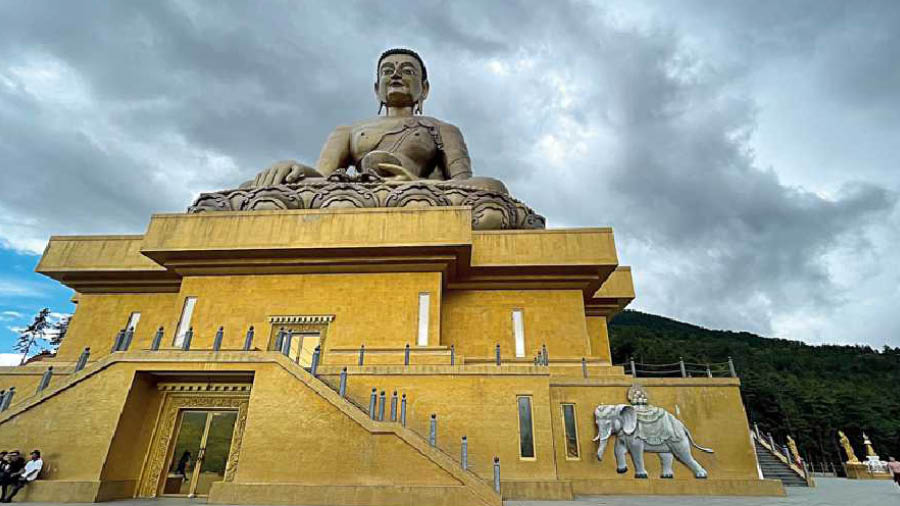
“The SDF isn’t used to generate revenue for governance, but is ploughed back into the tourism industry,” explains Tshering TT Archives
Can you tell us a little about the Sustainable Development Fee (SDF), which is being charged from tourists who visit Bhutan?
We must understand that everything on Earth is interrelated — humans, animals and nature included. The SDF we’re charging visitors is a part of ensuring the balance of our ecosystem. We welcome everyone who wants to visit Bhutan on the condition that they be a part of our journey of enrichment and values, and are willing to learn from us as well as teach us with an open heart. The amount paid by visitors towards SDF isn’t used to generate revenue for governance, but is ploughed back into the tourism industry, ensuring adequate waste management systems in the country, creating a safe and clean environment. Moreover, we’re also investing in tourist guides who can offer the best experience to the tourists around Bhutan.
Which are some of your favourite places to explore in Bhutan?
I believe Bhutan has a lot to offer, from mountains and rivers to nature. Bhutan isn’t simply for those looking for luxury. Rather it’s for those looking to connect with themselves and nature. Personally, I like cycling and hiking. We also have four distinct seasons here, each with something unique to experience. It’s also possible for visitors to connect with locals and make good friends in Bhutan.
‘Hydropower and renewable energy are the key talking points with India’
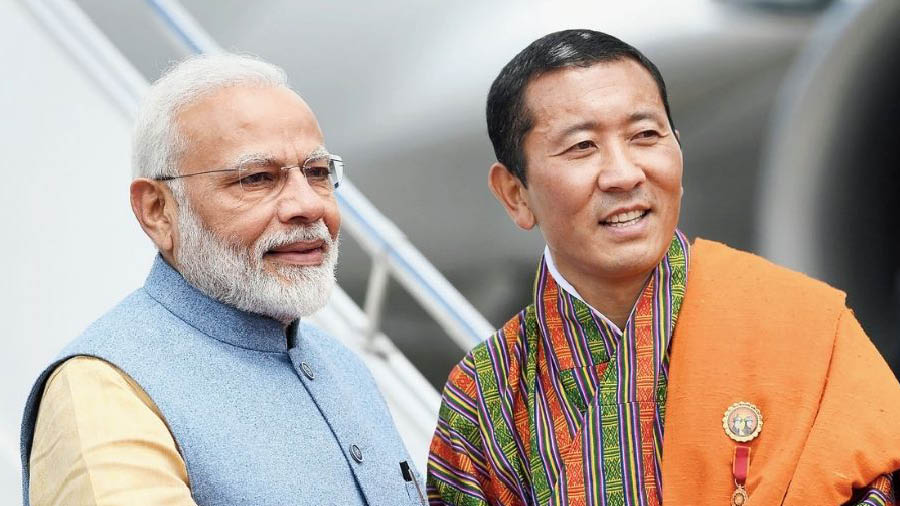
Narendra Modi with Tshering TT Archives
What are some measures being undertaken to boost collaboration between India and Bhutan on sustainability?
Bhutan has very close ties with India. Our biggest investment from India is in the hydropower sector. We’re also working on solar energy processes together. We’re inviting investors who are interested to invest in these sectors. India is championing a solar alliance and we have proudly joined the alliance and ratified all the instruments that are required. We’re looking forward to learning and being an active member of the alliance. In all the bilateral conversations between India and Bhutan, we now have hydropower and renewable energy as the key talking points.
How does tourism impact the carbon footprint of Bhutan? Are there efforts undertaken to ensure that mass tourism does not pose a threat to the carbon-negative status of Bhutan?
Bhutan is a very small country and mass tourism isn’t possible here. Our total population is less than one million. We don’t have the infrastructure to host too many visitors in Bhutan in a mass tourism fashion. The food, local dialects, culture, clothing and tradition are attractive to many people across the world. We want to ensure that future generations also enjoy Bhutan just like the current generations, since intergenerational equality is a huge element in our Constitution.
How has the government incentivised global brands, especially global hotel chains to be more sustainable while operating in Bhutan? Are there any awards/tax benefits offered for being more sustainable?
The hotel industry is included in the bigger scheme of the tourism industry. The hotels are expected to follow certain sustainability standards. However, most hotels run by Bhutanese are aware of our national policies. Travellers to Bhutan are also aware of our “high value and low volume” tourism policy. Sustainability isn’t specific to hotels, but is a part of our larger national thinking.
What are the policies related to transportation in Bhutan? How are emissions from cars managed in the country?
All the policies in the country pass the Gross National Happiness screening tool. As for transportation, it is one’s own right and desire to own a car. Until a few years ago, we only had access to fossil fuel-powered cars, which pose a great threat to the environment. However, with electric vehicles (EVs), we’re more hopeful. Due to resource constraints, we haven’t rolled out a national policy on EVs yet. But we do have EV taxi projects with almost 300 EV taxis running in the country. We want to incentivise EVs in the country for personal use, too. Currently, EVs aren’t affordable because they’re almost thrice as expensive as fossil fuel-powered cars.
‘We’re all one big global family and we all must work together on climate change’
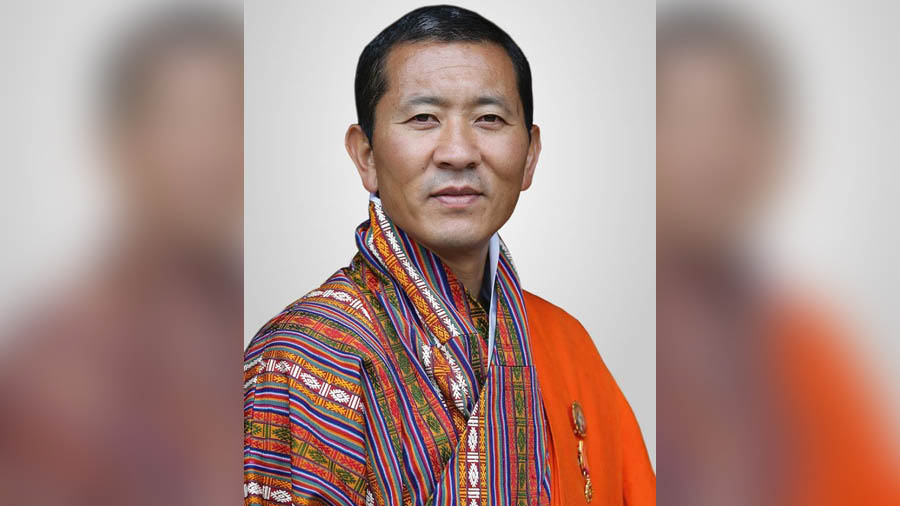
Tshering does not want to differentiate between the Global North and the Global South on climate change PMO, Bhutan
A lot of problems faced by countries in the Global South with respect to sustainability and carbon neutrality stem from the legacy of imperialism and the actions of the Global North over the past few centuries. In this context, do you feel that countries in the Global South should receive climate support from the Global North?
This is being talked about at almost every forum. We must realise that so much time is being lost in blaming each other. It’s important to take accountability and be more responsible. We must not leave it to anyone else to do our job. I don’t want to differentiate between Global South or Global North. I believe we’re all one big global family and we all must work together on climate change.
